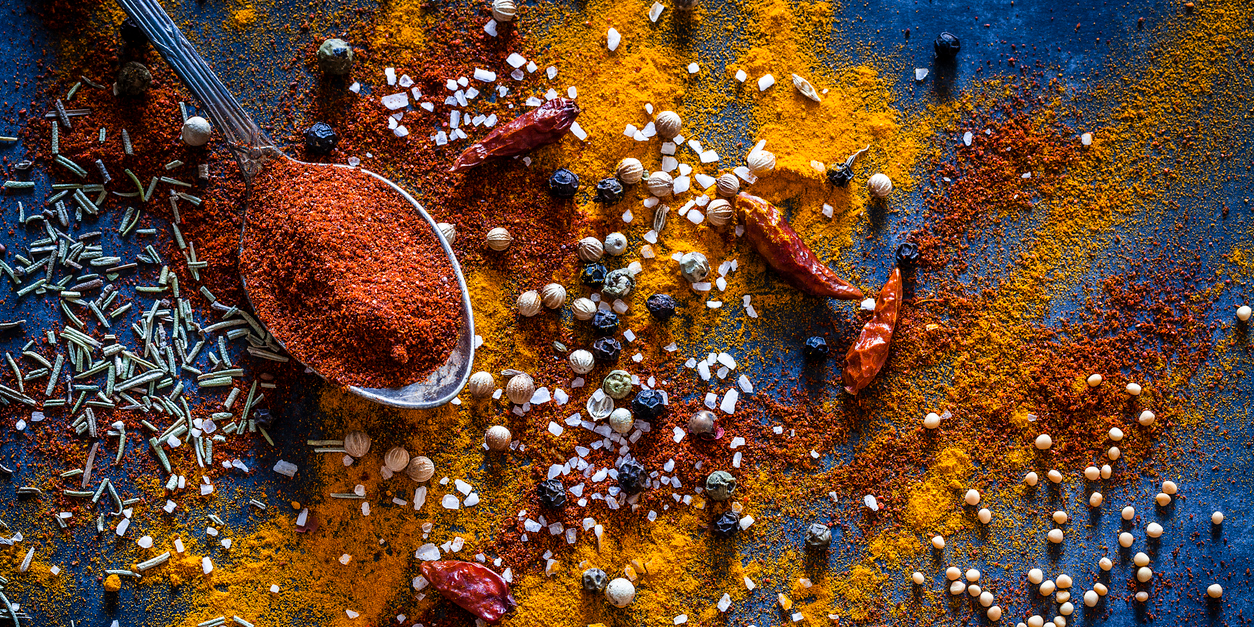
Salt Substitute in India Study (SSiIS) – A randomised controlled trial
Background:
Excess salt intake is strongly associated with high blood pressure, a leading risk for cardiovascular disease (CVD) in India. Behaviour change approaches to reduce salt intake and thereby reduce blood pressure (BP) are currently recommended but there are no sustainable and scalable dietary interventions proven effective in India yet. Mean salt intake in India is more than double World Health Organization (WHO) recommendations of less than 5 g/day (2 g/day sodium). Reduced-sodium, added-potassium salt substitutes have been shown to be effective in reducing BP in settings where discretionary salt use, that is, adding salt to food during cooking or at the table, is high. The use of salt substitutes is also likely to be a cost-effective intervention for the control of hypertension and CVD burden. A large proportion of dietary salt in India comes from salt added to food cooked at home, but salt substitutes have not been tested. Reduced-sodium, added-potassium salt substitute is of particular interest in India because it has great potential for scaling-up in under-served and resource-poor settings.
Aim:
The primary aim of the Salt Substitute in India Study (SSilS) is to evaluate the effect of a reduced-sodium, added-potassium salt substitute to lower systolic blood pressure (SBP) among individuals with hypertension in a rural Indian population.
Research Methodology:
- SSiIS is a randomised, double-blind, controlled trial with 3-month follow-up, which was conducted between November 2019 and April 2020 among adults aged 18+ years with a history of hypertension (SBP > 140 mmHg) living in rural south India. The trial is registered in the clinicaltrials.gov database (NCT03909659).
- The study protocol received ethics approval from the George Institute Ethics Committee and was published in J Clin Hypertens. 2020;00:1–9.
- Participants were randomised on a 1:1 ratio to receive either the intervention (reduced-sodium, added potassium salt substitute (70% sodium chloride/30% potassium chloride blend)) or the control regular salt (100% sodium chloride) which replaced all household salt used in cooking and seasoning.
- Assuming a mean baseline Systolic BP of 140 mmHg (SD: 20 mmHg), a sample size of 498 was calculated to provide 80% power to detect a 5 mmHg or greater change in mean SBP between the intervention and control groups.
- Baseline measurements consisted of demographics data, disease history, medication use, blood pressure, pulse rate, weight, height, 24-hour urine sample, behaviours related to salt consumption survey and a 24-hour dietary recall survey.
- Follow-up was completed at months 1 and 3 and consisted of the following: Month 1: Blood pressure, pulse rate, acceptability and adherence survey; Month 3: Blood pressure, pulse rate, acceptability and adherence survey, 24-hour urine sample, behaviours related to salt consumption survey and 24-hour dietary recall survey.
Impacts:
The findings from this study will provide much-needed evidence to evaluate the efficacy, safety and acceptability of reduced-sodium added-potassium salt substitutes as a possible strategy to reduce hypertension in Indian hypertensive patients.
Research sites:
Rural villages in the Siddipet district, Telangana, India.
Current Status:
- Data collection for baseline and follow-up is complete and data analysis is currently underway.
- A total of 1,923 participants were screened across 7 rural villages. 502 participants were eligible across both randomised groups. Mean age was 60 years, 59% were female and 6% were current smokers. Few (1.4%) had a baseline history of CVD defined by self-reported history of stroke, coronary artery disease, myocardial infarction or peripheral arterial disease; 22% had a history of diabetes mellitus.
- The overall mean baseline BP was 133.5/83.6 (SD 21.1/12.2) mmHg. Participants provided 460 eligible urine samples (92%: 233 from the intervention group and 277 from the control group). Mean 24-hour urinary sodium excretion at baseline was 10.4 (SD 5.0) g salt/day with 10% inflation to adjust for minimum likely non-urinary losses of sodium in sweat and faeces.
- The SSiIS trial is the first randomised-controlled trial of a salt substitution intervention among individuals with hypertension in rural India. This study provides robust data on the effects of this form of salt substitution on blood pressure.







